Gallery
Photos from events, contest for the best costume, videos from master classes.

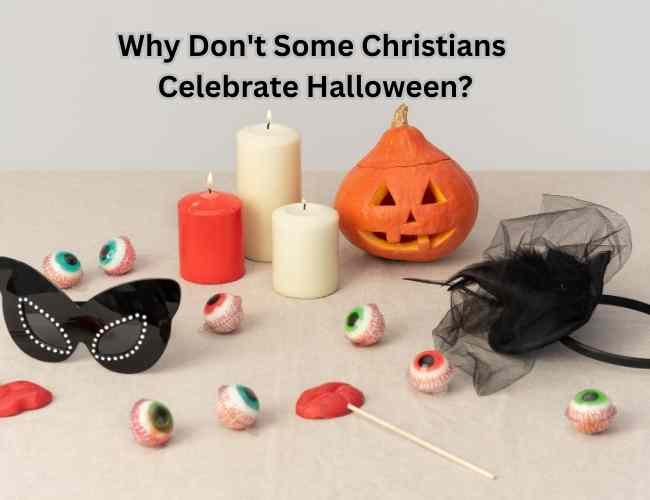


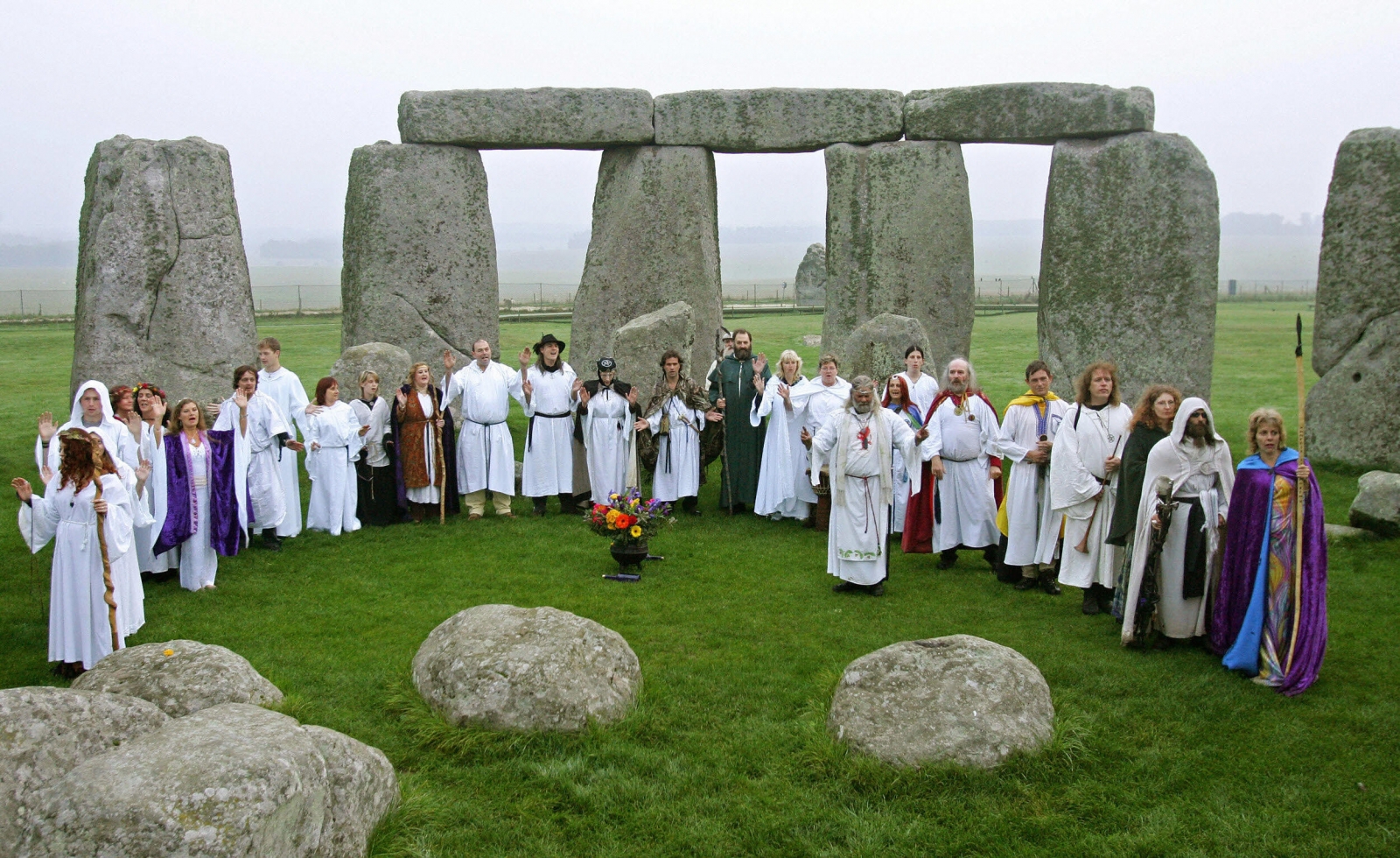
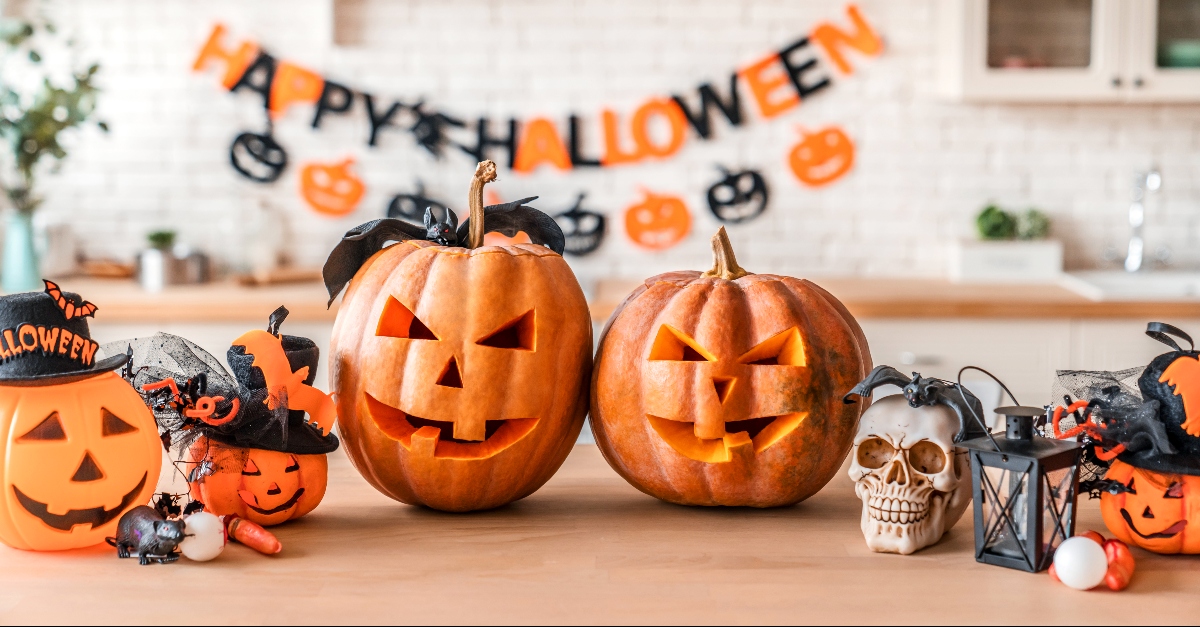
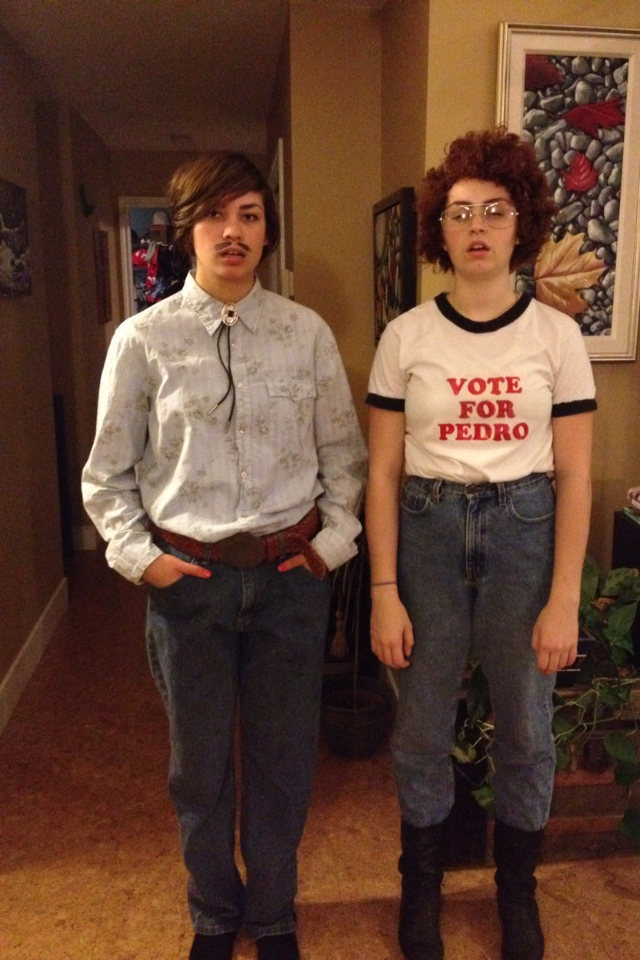
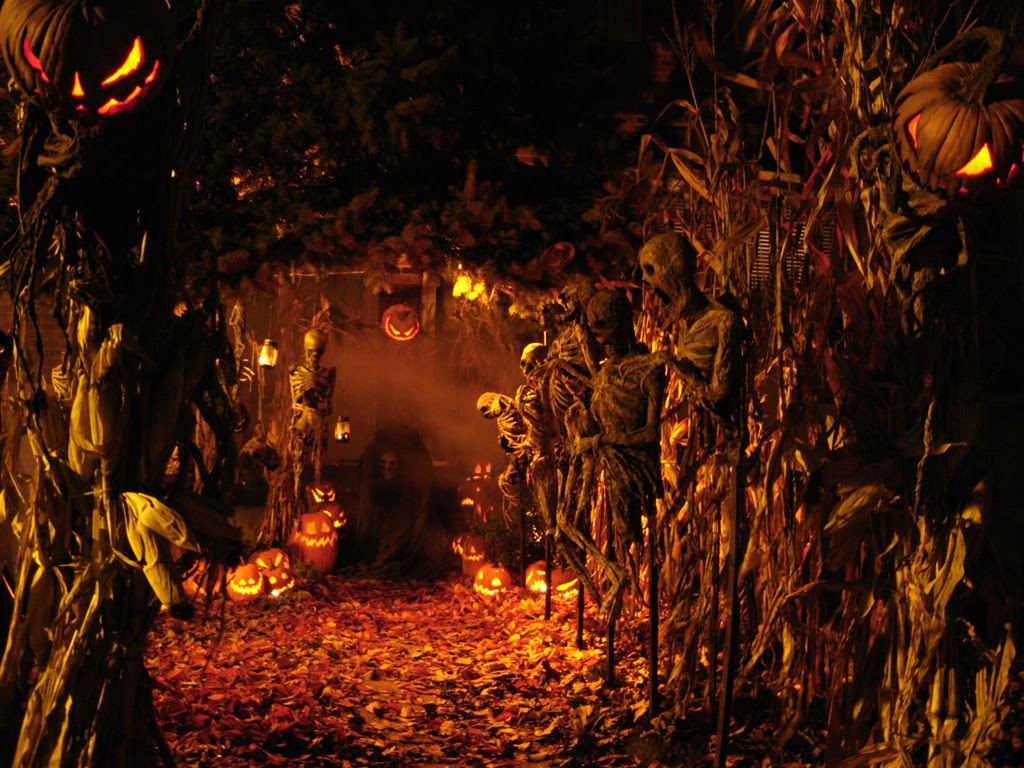



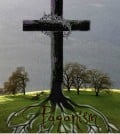
The story of Halloween begins over 2,000 years ago with the ancient Celtic people, who lived in what is now Ireland, the United Kingdom, and northern France. The Celts followed a pagan religious system led by a class of priests known as the Druids. Their calendar revolved around the agricultural cycles and seasonal changes, with Samhain being Celtic Origins. The origins of Halloween can be traced back all the way to the ancient Celtic festival known as Samhain – pronounced ‘sow-in’ in Gaelic language. It was originally an event that marked the end of the harvest season and the beginning of winter in Ireland. The day after, on 1 November, would mark the ancient Celts ’ new year. Halloween’s origins date back to the ancient Celtic festival of Samhain (pronounced sow-in). The Celts, who lived 2,000 years ago, mostly in the area that is now Ireland, the United Kingdom and It was May 13 in the year 609 that Pope Boniface IV declared a celebration called All Saints’ Day, also called All-hallows or All-hallowmas in Middle English; the day before it was thus known as To keep the peace with the pagans, the Pope ensured that All Saints' Day incorporated some of the traditions of Samhain. Over time, October 31, came to be known as All Hallows' Eve, and after The Ancient Origins Of Samhain. Although experts are not entirely sure where and when this pagan Day of the Dead holiday originated, there is evidence that ancient Celts in Ireland observed it over 2,000 years ago. Some Neolithic tombs in Ireland even align with celestial events that coincide with Samhain, suggesting its roots could go back as Today's Halloween customs are thought to have been influenced by folk customs and beliefs from the Celtic-speaking countries, some of which are believed to have pagan roots. [105] Jack Santino , a folklorist , writes that "there was throughout Ireland an uneasy truce existing between customs and beliefs associated with Christianity and those The origin of Halloween and many of its customs can be traced to Samhain, an ancient pagan Celtic festival that is Gaelic for “summer’s end,” a day to bid goodbye to warmth and light. It marks the end of the harvest season and the start of winter (the darker “half” of the year). Read Next. The ancient Celts believed that the veil Samhain is believed to have Celtic pagan origins, and some Neolithic passage tombs in Great Britain and Ireland are aligned with the sunrise at the time of Samhain. [2] It is mentioned in the earliest Irish literature , from the 9th century, and is associated with many important events in Irish mythology . Samhain is a pagan religious festival originating from an ancient Celtic spiritual tradition. In modern times, Samhain (a Gaelic word pronounced “sow‑win”) is usually celebrated from October Halloween, or the ancient Samhain, is considered the time of year when the veil between our world and the spirit world is at its thinnest. As darkness falls and families light their pumpkin Jack-o'-lanterns, they are, perhaps unknowingly, repeating the ancient traditions of honoring the dead and marking the beginning of the ‘dark half’ of the year. The Celtic, Pagan & Druid origins of Samhain (A.K.A Halloween or All-Hallows Eve) Samhain the festival of fire, the feast of the dead, the end of the harvest, a time to give thanks to their Deities, to honour the Deities they believed in, respected & worshipped and a time to respect & honour the dead. What is the origin of Halloween? Many historians trace the origin of Halloween to the ancient Celtic festival of Samhain, celebrated over 2,000 years ago. Samhain was a pagan festival that marked the end of the harvest and the beginning of winter, which the Celts believed was a time when the veil between the living and the dead was at its thinnest. Abstract. Halloween is commonly thought to have pagan origins, even though its etymology is Christian. Halloween is, quite literally, the popular derivative of All Hallow Even, or the eve of All Saints’ Day (r November). Because Halloween is at the same time of year as Samhain, pronounced saah-win, many people have argued that Halloween has its roots in the pagan holiday. Samhain is a Gaelic or Celtic festival that translates to “summer’s end” and marks the end of the harvest and the beginning of the darker (winter) time of year. What is the origin of Halloween? Halloween's origins trace back to the Celtic celebration of Samhain (pronounced "sou-when") when the veil between the living and the dead was thought to be thinnest and souls passed between realms. What is the earliest observance of Halloween in the USA? The earliest observance of Halloween in the USA was in Samhain (Halloween): Also held around the time of All Saints' Day, this pagan tradition celebrates the Witches' New Year. Essentially it's Christmas for the pagans. The origins date far back into the time of the Celts and perhaps even prior to then. We don't have enough room to list every pagan holiday. As millions of children and adults participate in the fun of Halloween on the night of October 31st, few will be aware of its ancient Celtic roots in the Samhain (Samain) festival. In Celtic Ireland about 2,000 years ago, Samhain was the division of the year between the lighter half (summer) and the darker half (winter). It’s finally autumn. I finally get to wear my scarf again, and this also means we’re closer to one of the best holidays and pagan celebrations that still exist today. Now, most people might know this holiday as Halloween. However, the origins of Halloween are within Samhain, which is spelled Sam Hain. Joe: The Secrets of Samhain: The True History Behind Halloween Samhain is a pagan religious festival originating from an ancient Celtic spiritual tradition. Samhain translates to “summer’s end” and is usually celebrated from October 31 to November 1 to welcome the harvest and acknowledge and greet “the dark half of the year.
Articles and news, personal stories, interviews with experts.
Photos from events, contest for the best costume, videos from master classes.











